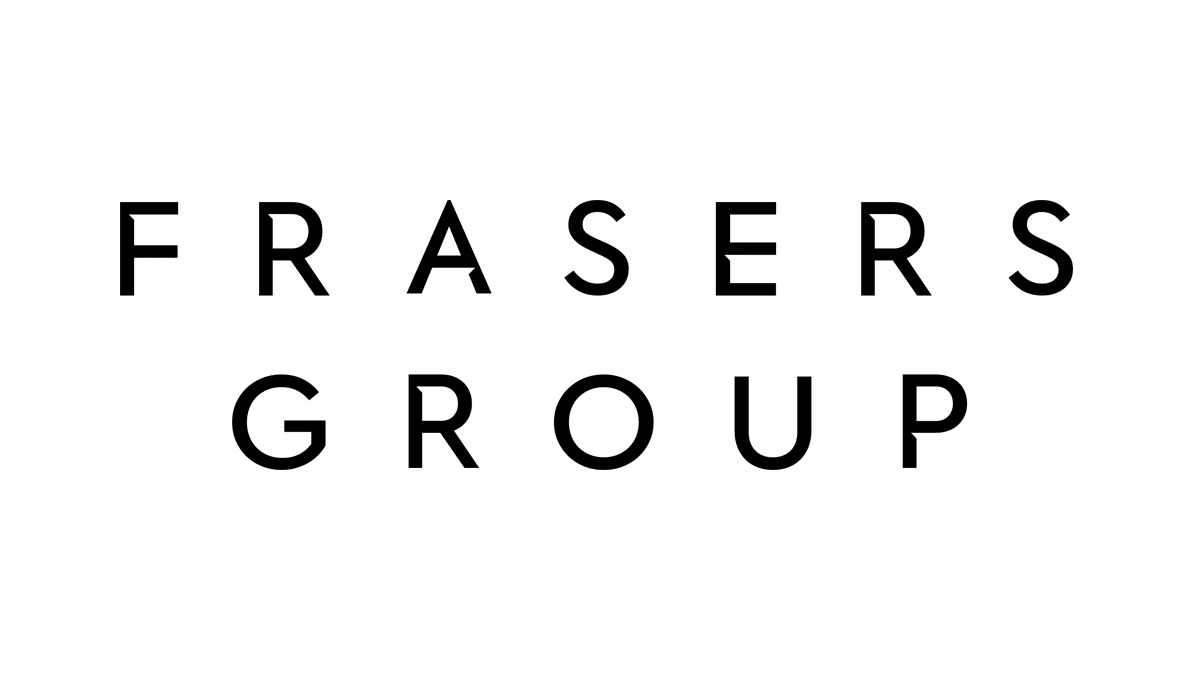Shein, the Chinese retail giant known for its ultra-cheap clothing, has admitted it identified two cases of child labour in its supply chain in 2023.
The fast fashion brand, which is planning a London IPO later this year, said that after discovering these cases in the first and second quarter of the year, it carried out investigations into its suppliers and suspended orders with them.
The contract manufacturers were given 30 days to address their offensives.
Since then, the company has tightened the standards under its supplier code of conduct and responsible sourcing policy so that any severe breaches will result an immediate end to supplier relationships.
Annabella Ng, senior director of global government relations at Shein in Singapore, said the updated supply chain policy took into account feedback from regulators and suppliers.
Referring to its finding of child labour, the retailer wrote in its latest sustainability and social impact report: "Both cases were resolved swiftly, with remediation steps including terminating contracts with underage employees, ensuring the payment of any outstanding wages, arranging medical check-ups and facilitating repatriation to parents/legal guardians as needed."
Shein added that it made sure the suppliers involved strengthened their processes for screening new hires, such as checking and maintaining records of all employee IDs. It has also stepped up its supplier audit programme in partnership with third-party verification agencies.
They suppliers involved in the cases of child labour have since been permitted to resume business.
Shein did not find any cases of child or forced labour in the final quarter of 2023.
Despite finding the two cases of child labour, the retailer says that overall it saw better performance on its social compliance audits across suppliers in 2023, with the proportion of audits where suppliers received an A or B grade increasing to 29 per cent in 2023, up from 18 per cent in 2022.
Last month Mary Portas, the celebrity retail consultant and television personality, launched a petition urging the Labour government to block Shein from listing on the London Stock Exchange.
The company is seeking a £50 billion valuation in an IPO, according to confidentially filed papers seen by sources at Reuters.
Portas, who previously advised the coalition government on High Street revitalisation, is spearheading the "Say No to Shein" campaign.
The petition, nearing 35,000 signatures, calls for a thorough investigation into Shein's labour practices, environmental impact, and tax arrangements before any listing is permitted.
"Why would we as a country consider embracing a company like Shein onto the London Stock Exchange?" Portas said. "This is a company with allegations of unethical business practices, modern slavery, and violating labour laws. Surely we are better than this?"
In June, following objections from Amnesty International, UK-based human rights group Stop Uyghur Genocide also launched a campaign attempting to block the fast-fashion firm's listing.
Latest News
-
Asos launches new hybrid virtual try-on service
-
Amazon builds zero carbon delivery facility in North East England
-
Carrefour to digitise all French supermarkets and hypermarkets by 2030
-
EU opens formal probe into Shein over illegal products and 'addictive' design
-
Unilever taps Google Cloud to advance agentic commerce and tech capabilities
-
Waitrose renews contract with POS provider
Beyond Channels: Redefining retail with Unified Commerce
This Retail Systems fireside chat with Nikki Baird, Vice President, Strategy & Product at Aptos will explore how unified commerce strategies enable retailers to tear down these barriers and unlock new levels of operational agility and customer satisfaction.
The future of self-checkout: Building a system that works for consumers and retailers
In this webinar, industry leaders discussed what the future of self-checkout looks like and how retailers can make the technology work for everyone.
© 2024 Perspective Publishing Privacy & Cookies









Recent Stories